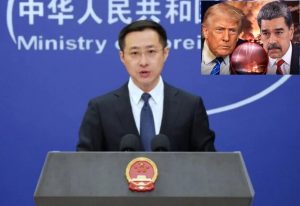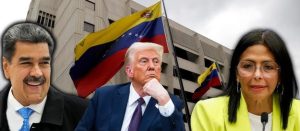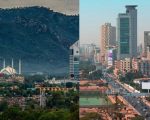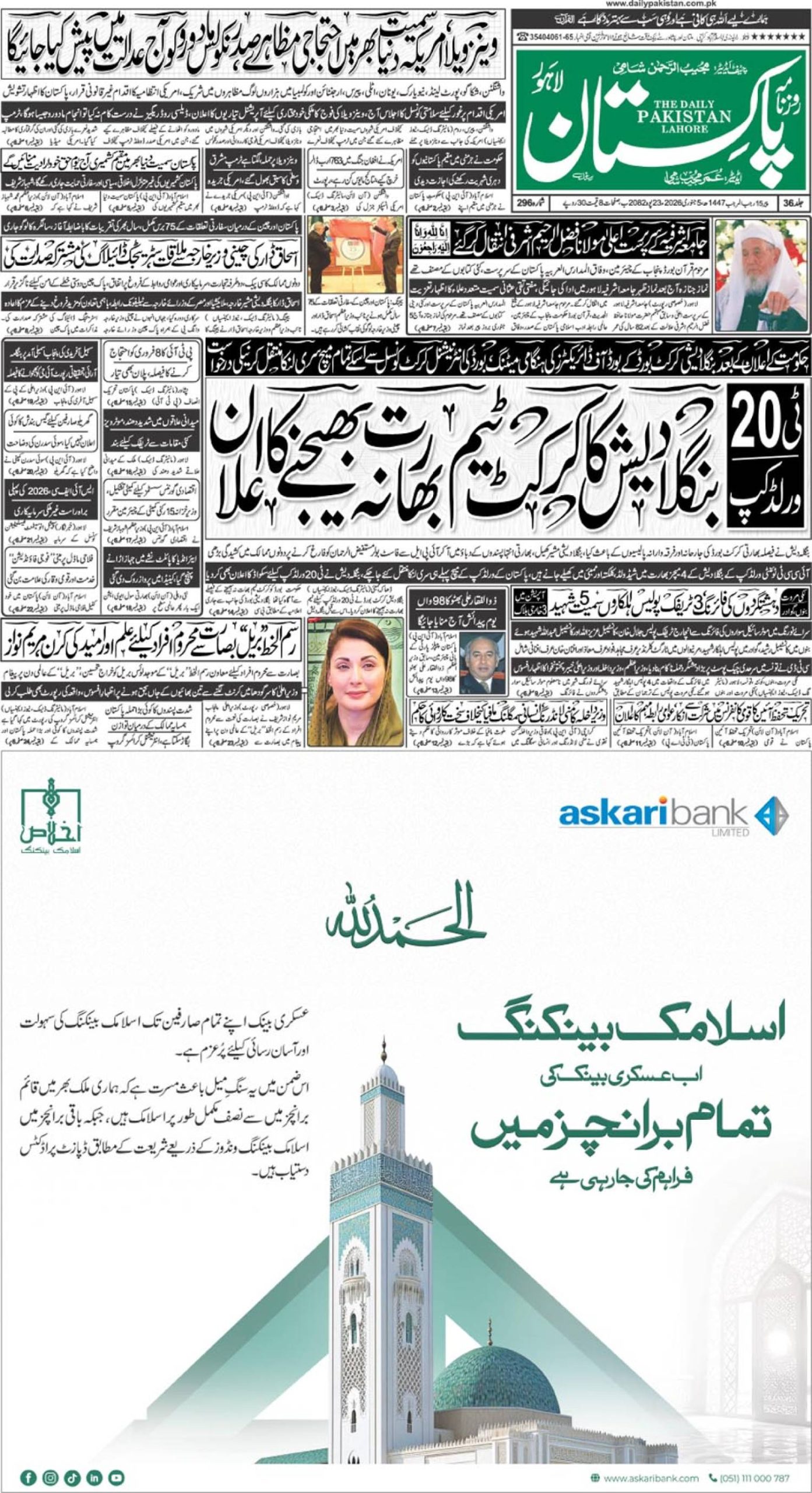SHARJAH (Sultan bin Ahmed Al Qasimi) – There is a constant stream of innovation affecting every aspect of our everyday lives. These ideas are changing the way we see the world and changing the world itself, driving us towards the Fourth Industrial Revolution.
In this rapidly-changing era, hundreds of thousands of smartphones have been manufactured, millions of messages have been exchanged and millions of concepts have been generated, all within the few small seconds that have passed since you read the first words of this article.
This rapid evolution, which drives the new Digital Age, needs brilliant minds and thoughtful strategies as well as enormous work by governments to develop the most efficient mechanisms that can help to make the most of such progress. Standing still or waiting for the next move in the new millennium means lagging behind advanced nations.
In response to these dramatic shifts, the UAE, through the International Government Communication Forum (IGCF), being organised by International Government Communication Centre (IGCC) of Sharjah Government Media Bureau (SGMB) from March 28-29 in Sharjah, is opening a new path to advance government communication. This is because government communication is the key driver in the country’s ambitions to create the right environment for economic, industrial, educational and tourism development, among many other domains.
The International Government Communication Forum embraces a forward-looking vision that goes beyond identifying strategies set by organisations and looks at the challenges facing government communication in the Digital Age and the shifts imposed by the Fourth Industrial Revolution.
It is not enough to address the plans and strategies needed for the transformation without understanding the reality of the consequences of the current changes, which impose a very real need to reconsider communication practices.
The world today has two fundamental dimensions; the first is what we experience in our daily lives, what we do and how we change it; the second is the digital reality that breaks down geographical barriers and cultural differences by turning all internet users into global citizens with a digital identity, able to lead change, become a source of knowledge and stream ideas.
Talking about the digital society truly means talking about enormous human capacity, especially with the number of Internet users increasing at a rate of more than one million per day – the total number of users has already exceeded more than 3.7 billion people. This in turn means talking about the entire Internet community with its own cultures, needs and perceptions; the distance between its members, however far apart, constitutes a few microseconds, all the time that is needed to send a new message.
Many countries in the world have considered this social transformation from a traditional form into a universal one when developing their government communication strategies. The community of the digital world is now leading major political changes, driving countries’ economies, even overthrowing regimes and leading dynamic shifts, not only on social levels, but also on demographic and cultural levels.
This brings us back to what Marshall McLuhan said in the 1960s, when he chose the insightful phrase “the world has become a small village.” Subsequently, Professor Yochai Benkler from Harvard University said: “An individual in contemporary society has turned into a digital content production centre, sharing knowledge, wisdom and personal experiences with his counterparts.” This makes the 1960s ‘village’ a small house.
In view of these interpretations and current data, government communication faces many challenges, making it imperative for us to develop future strategies. Talking about the traditional role of government communication embodied in conveying news stories and press releases means talking about a bygone era. Therefore, it has become inevitable for us to engage in the new age of communication and build a deep confidence within the digital community, so as to remain a reliable source of outbound news.
Any retreat or status quo regarding these massive changes means making all state institutions prone to unexpected crises that may be caused by misinformation circulated by digital societies. Such information may stir up the local community, shaping its opinions and dictating its behaviour.
Consequently, we are in dire need of turning government communication centres into reliable platforms and the first sources of information, voiding any un-authorised individuals or groups relaying information related to state institutions.
Needless to say, it is vital for us to keep up with the Fourth Industrial Revolution. This can be done by planning and developing future plans and strategies that look decades ahead, as if the future is upon us now, which literally means living the future – not waiting for it. We need to prepare well for tomorrow before it surprises us. We must always be ready with a practical answer to the question: ‘Digital Millennium – Where To?’














